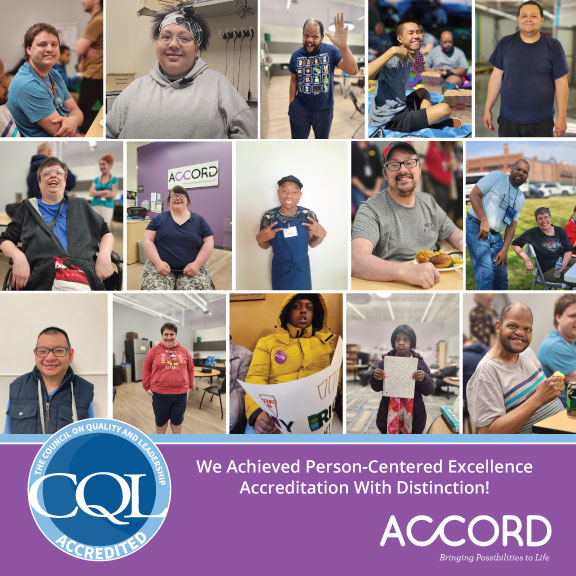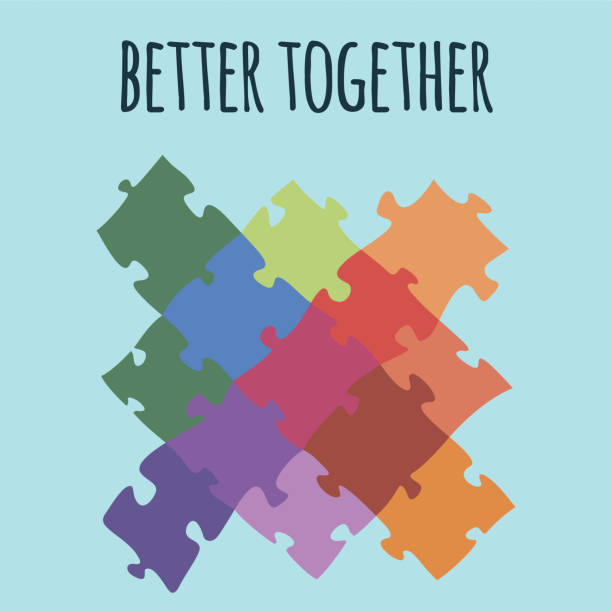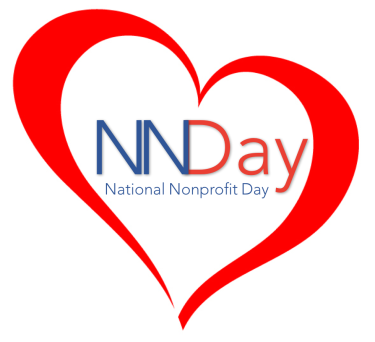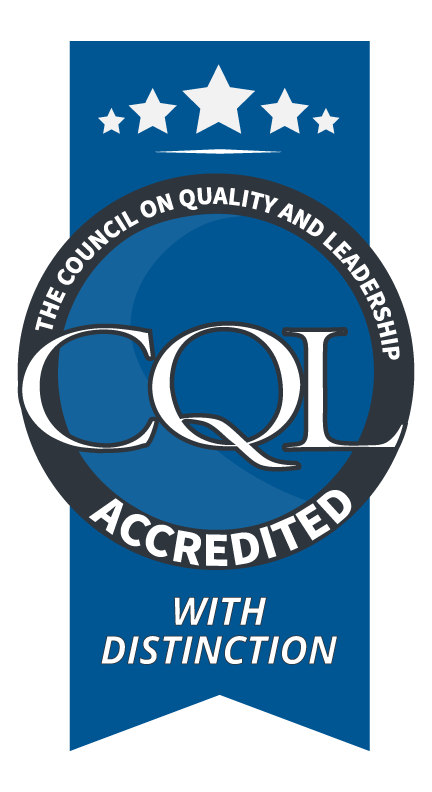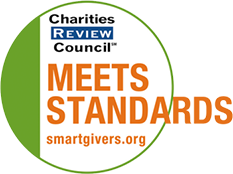by Kris Unise
Share
by Kris Unise
Share

Down Syndrome Awareness Month 2020
October is Down Syndrome Awareness Month!
During the month of October, we celebrate people with Down syndrome and make people in the community aware of their abilities and accomplishments. It’s not about celebrating disabilities, it’s about celebrating abilities! Part of spreading awareness about Down syndrome is educating the community. Here’s some helpful info to help you advocate for our friends with Down syndrome this month and all year long:
What is Down syndrome?
Down syndrome is a common genetic condition where a person’s cells have an extra chromosome. Because chromosomes contain genetic information, having too many or too few can cause differences in growth and development. In cases of Down syndrome, the individual has three copies of chromosome 21.
How is it Diagnosed?
Down syndrome is often recognized in babies shortly after they are born as care teams may notice facial features and medical differences. A blood test to look at the baby’s chromosomes is then done to confirm the diagnosis. Ultrasounds or prenatal tests may also lead medical professionals to suspect a baby may be born with Down syndrome. Diagnostic testing can be done during pregnancy to confirm a Down syndrome diagnosis.
How Does it Affect Someone?
Down syndrome affects all people differently, and they will all have their own unique needs.
Individuals with Down syndrome can have any of the following needs and issues: heart defects, thyroid differences, hearing loss, vision differences, low muscle tone, sleep apnea, feeding difficulties, seizures, autism and childhood leukemia, in addition to developmental delays or learning challenges of varying degrees. Some children may experience multiple health or developmental challenges, while others may have fewer, or may experience them to a milder degree.
What Kind of Care Does an Individual with Down syndrome need?
Because individuals with Down syndrome are at an increased risk for certain medical challenges, it’s important to screen for and address these health problems early in life. Regular attention to hearing, vision, thyroid, growth, and development is essential.
The more a doctor learns about individual patients, the better they will understand that person and can offer the specialized care they need.
What Can Families Do to Support Children with Down syndrome?
It’s important to provide children with Down syndrome with an enriching and loving environment so they can grow from amazing Children to remarkable adults who live full lives and actively participate in their communities. Be patient, positive, and supportive every step of the way. There are many community organizations like Accord in Minnesota that offer individuals with Down syndrome programs and support to help them live their greatest lives. You can check out Accord’s list of services here!
Learn more about Down syndrome at www.ndss.org
STAY IN THE LOOP



